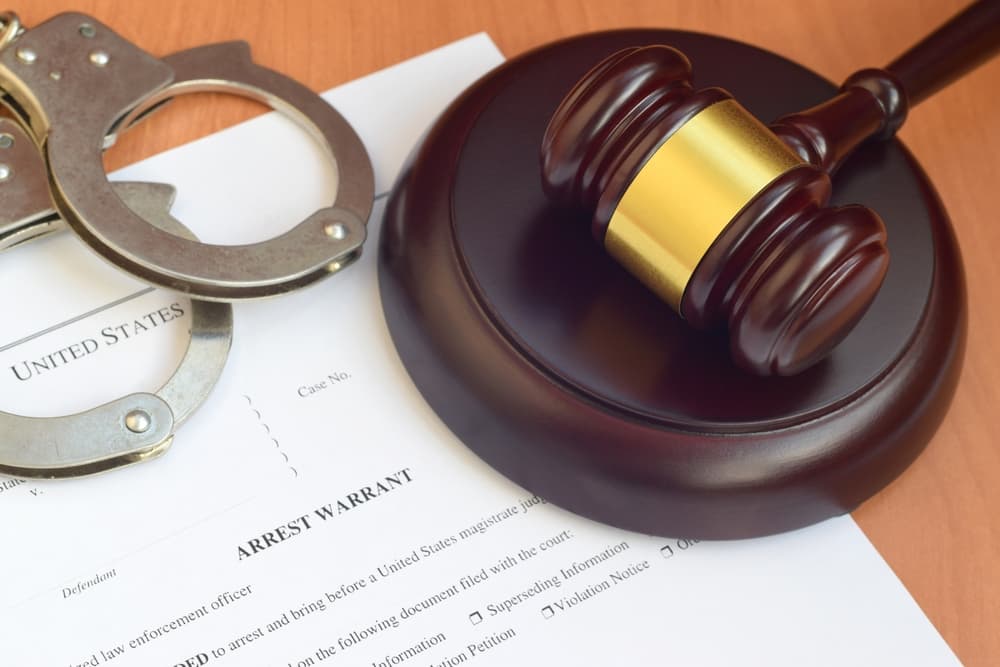If you were arrested and charged with a crime in San Angelo, Texas, you want an experienced criminal defense attorney to advocate for you from the beginning of the proceedings. Ideally, you want a lawyer who handles criminal defense matters as a significant part of their practice and achieves favorable results.
To determine the best attorney for you and your case, you must ask certain questions at your initial meeting with a prospective lawyer. Your criminal defense lawyer in San Angelo can answer these questions for you and begin representing you right away, safeguarding your legal rights and interests throughout the proceedings.
Important Questions to Ask a Prospective Defense Lawyer
When seeking a criminal defense lawyer in San Angelo, Texas, never hesitate to ask pertinent questions to ensure you’re making an informed decision about legal representation. Here are some important questions to consider:
- Experience – Inquire about the lawyer’s experience level in handling criminal cases, particularly those similar to yours. Ask how long they’ve been practicing law and their track record of success in defending clients.
- Frequency – Determine if the lawyer regularly handles criminal defense matters specifically. Ask about their familiarity with Texas criminal law and experience defending cases similar to yours, such as DWI charges or drug offenses.
- Approach – Understand the lawyer’s approach to handling cases. Ask how they typically approach defense strategies, their stance on plea bargains versus going to trial, and their willingness to fight for your rights in court.
- Communication – Effective (and frequent) communication is key in any legal matter. Inquire about the lawyer’s communication style and how often you can expect updates on your case. Clarify how you will reach them and their availability for meetings or consultations.
- Fees – Discuss the lawyer’s fee structure upfront to ensure you are comfortable with the fee arrangement and amount for your type of case.
- Case Assessment – Request an honest assessment of your case’s strengths and weaknesses. A good lawyer will provide realistic expectations and potential outcomes based on the facts of your case.
- Client References – Ask for references from past clients or testimonials demonstrating the lawyer’s effectiveness and professionalism. Speaking with previous clients can provide valuable insights into their experience working with the lawyer.
- Courtroom Experience – Inquire about the lawyer’s experience in the courtroom. Ask about their trial experience and success rate in securing favorable outcomes for clients in court.
By asking these important questions, you can ensure you’re choosing a criminal defense lawyer in San Angelo, Texas, who is experienced, knowledgeable, and committed to effectively representing your case.
Texas Criminal Cases and What Occurs Throughout the Process
In Texas, criminal cases follow a structured process that involves several stages, from the initial arrest to potential trial and sentencing.

- Arrest – The process begins with law enforcement officers arresting a suspect based on probable cause that they committed a crime. The suspect is then taken into custody and booked at a local police station or county jail.
- Booking – During booking, the suspect’s personal information is recorded, including their name, address, and fingerprints. They may also undergo a mugshot and be searched for any weapons or contraband.
- Arraignment—At the arraignment, the defendant formally hears the charges against them. They can enter a plea of guilty, not guilty, or no contest. The case proceeds to the next stage if the plea is not guilty, and you should never plead guilty without a defense attorney.
- Pretrial Proceedings – Pretrial proceedings involve various legal motions, such as motions to suppress evidence or dismiss charges. The prosecution and defense may also begin plea negotiations to resolve the case without going to trial.
- Trial – If the case goes to trial, both sides present evidence, witnesses, and arguments to a judge or jury. The prosecution must prove the defendant’s guilt beyond a reasonable doubt. The defense has the opportunity to challenge the prosecution’s evidence and present its own case.
- Verdict – After deliberation, the judge or jury renders a verdict of guilty or not guilty. If the defendant is found guilty, the court holds a sentencing hearing.
- Sentencing – During sentencing, the judge determines the appropriate punishment for the convicted defendant, which may include fines, probation, community service, or incarceration.
- Appeal – If the defendant is unhappy with the verdict or believes their rights were violated during the trial, they may appeal to a higher court to review the case for legal errors.
Throughout this process, the defendant has certain constitutional rights, including the right to legal representation, the presumption of innocence, and the right to a fair trial. Understanding the stages of a criminal case in Texas can help defendants navigate the legal system and protect their rights.
Legal Options that are Available in a Texas Criminal Case
Depending on the circumstances of their case, individuals in Texas have several legal options available to them when facing a criminal case.

- Plea Bargain – One option is negotiating a plea bargain with the prosecution. This involves the defendant agreeing to plead guilty or no contest to lesser charges or reduced penalties in exchange for a lighter sentence. Plea bargains can help expedite the legal process and potentially result in lesser consequences for the defendant.
- Trial – Another option is to proceed to trial and contest the charges in court. During a trial, the prosecution must prove the defendant’s guilt beyond a reasonable doubt to secure a conviction. The defense has the opportunity to challenge the prosecution’s case and argue for the defendant’s innocence.
- Deferred Adjudication – In some cases, defendants may be eligible for deferred adjudication when they agree to comply with certain conditions, such as probation, community service, or counseling, in exchange for having the charges dismissed upon successfully completing the program.
All of these legal options carry their own benefits and risks, and the best course of action will depend on the specific circumstances of the case and the defendant’s goals. Consulting with a knowledgeable criminal defense attorney can help individuals understand their options and make informed decisions about how to proceed in their Texas criminal case.
Talk with a San Angelo Criminal Defense Lawyer Right Away
For the best chance of achieving a successful result in your criminal case, always seek knowledgeable legal counsel right away. Once you retain a lawyer for representation, they can begin advocating for your rights, investigating your arrest circumstances, formulating defenses, and pursuing the best possible result on your behalf.
